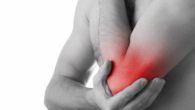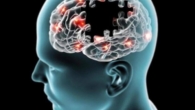
Increased sleepiness may indicate mental health problems
1
If a long sleep does not give a person a feeling of rest, then this may signal health problems.
The body's need for sleep can be determined by individual characteristics and vary depending on age, the presence of diseases and stress, and the level of physical activity. Experts usually recommend that students sleep about 9 hours a day, and teenagers – from 8 to 10 hours. Adults need 7-8 hours of sleep.
“If you’re sleeping more than nine hours a day and you don’t feel rested, it could be a sign of a serious health problem,” said somnologist Michelle Drerup of the Sleep Disorders Center at the Cleveland Clinic.
The specialist said that excessive sleepiness can indicate such disorders.
Psychological disorders. Oversleeping is one of the characteristic symptoms of depression, and it is observed in 15 percent of people with this disease.
Sleep disorders. Sleep apnea, in which breathing stops repeatedly, is a common cause of oversleeping. People with narcolepsy, who tend to fall asleep suddenly, may also experience excessive daytime sleepiness and fragmented nighttime sleep.
Unbalanced diet. If the diet does not provide the body with the necessary amount of B vitamins, this also contributes to increased sleepiness.
Other. The reason for a person's need for more sleep may be taking medications, as well as substance abuse, including alcohol.









Leave a Reply